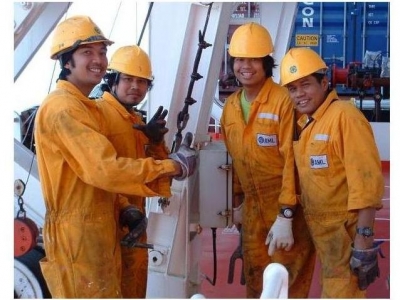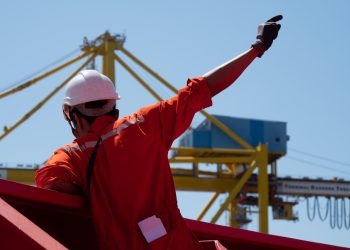The ITF Seafarers Trust marked 30 years of work for seafarers
The ITF Seafarers’ Trust marked 30 years of work for seafarers’ welfare with an international seminar in London, England on 22 March.
The seminar had two main themes – the importance of ratification of the Maritime Labour Convention (MLC) 2006 (the seafarers’ “bill of rights”), and the provision of welfare services that meet the needs of seafarers in ports and onboard ship in the 21st century.
The seminar attracted almost 100 participants from organisations across the shipping industry, with speakers from the UK, Ireland, South Africa, India, Germany and Italy representing union, employers, industry, faith, health and welfare bodies.
Tom Holmer, from the Seafarers’ Trust, reported that the trust had spent over US$200 million in its 30 years on provision for seafarers’ welfare, particularly buildings.
There was detailed discussion of what the MLC could mean for future provision of welfare facilities once it comes into effect. It needs to be ratified by at least 30 International Labour Organisation member states to then be translated into national law. It was reported that Togo had become the 25th state to back the MLC, and the Convention looked likely to take effect in 2013. However, the larger flag states were less likely to be among the initial 30. In the UK, for example, discussion of the MLC is going through a government scrutiny of all regulations.
Although enactment of the MLC would oblige governments to provide shore-based provision for seafarers of all flag states, there were still questions over who would fund this and whether it would be from public funds, levies on ships, voluntary contributions or a combination of these.
In the session on welfare provision, Fr Giacomo Martino, coordinator for Apostleship of the Sea in Italy, gave a moving account of the bravery and actions of seafarers onboard the Costa Concordia, which sank so tragically with the loss of lives off the coast of Italy in January. He reported that the Costa line provides chaplains for crew onboard all its ships, and they had played an important role in supporting crewmembers in the aftermath of the tragedy.
Source: ITF Seafarers

































































